Boldo Cantillana
This conservation initiative is protecting ecologically significant landscapes comprised of Chile’s Mediterranean habitat, advancing the protection of a 930,000-hectare landscape corridor, located in Chile’s Central Valley. The Boldo-Cantillana corridor extends from the capital city of Santiago to the resort city of Zapallar on the Pacific coast, with the goal of creating critical habitat linkages between the Coastal Range to the Andes Mountains.
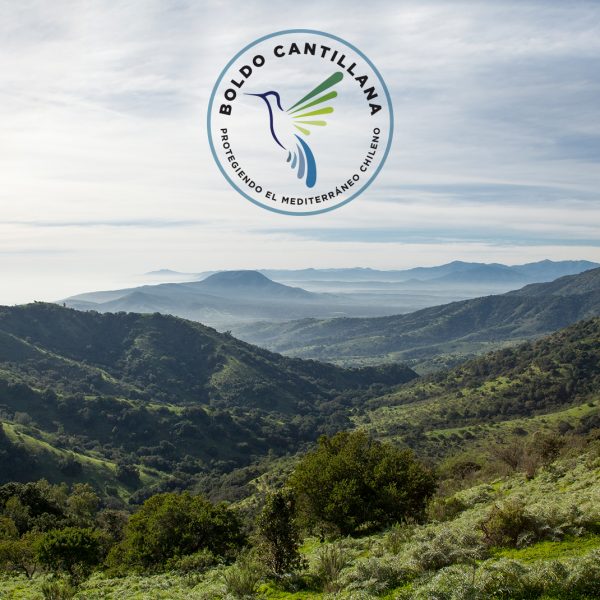
Boldo Cantillana
This conservation initiative is protecting ecologically significant landscapes comprised of Chile's Mediterranean habitat -the rarest, most threatened, and least protected ecosystem in the country- by using the Derecho Real de Conservación (DRC), Chile’s breakthrough private lands conservation agreement.
With the financial support of the BHP Foundation's Global Environmental Resilience Program, the Boldo-Cantillana initiative is advancing the protection of a 930,000-hectare landscape corridor, located in Chile's Central Valley. The Boldo-Cantillana corridor extends from the capital city of Santiago to the resort city of Zapallar on the Pacific coast, with the goal of creating critical habitat linkages between the Coastal Range to the Andes Mountains.
Tierra Austral's Boldo-Cantillana project is contributing to Chile’s national goal of protecting approximately 30% of its ecosystems by 2030. Tierra Austral is also increasing public awareness of the local, national, and even global significance of this habitat as well as demonstrating the practicality and effectiveness of the DRC as a land protection tool that accommodates a range of sustainable land uses, including forestry and agriculture, and that is available to private landowners throughout Chile.
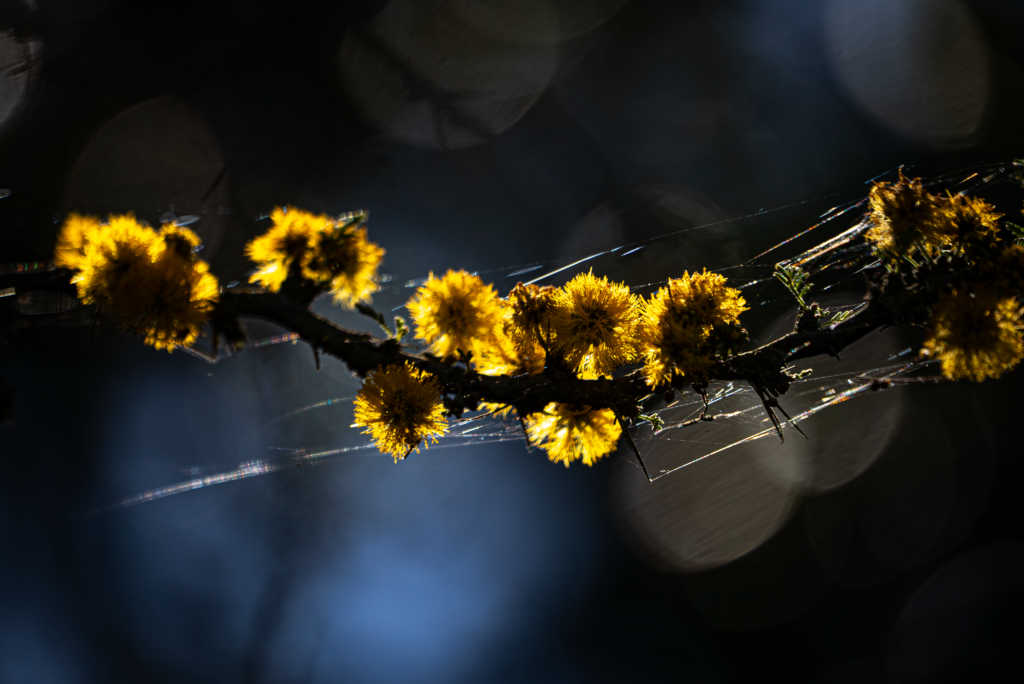
Reserva Natural Los Molles
Reserva Natural Los Molles
A new Conservation Easement agreement formalizes the perpetual conservation of a new private area in the Valparaíso Region. This is the Los Molles Nature Reserve, spanning 929-acre, located in the Quilpué commune and set within the mountainous formations of the Coastal Range. One of its main purposes is to conserve and protect the sclerophyllous ecosystem and the ecological communities inhabiting it, promoting its proper management and restoration. The reserve features remarkable endemism of native species, particularly amphibians and reptiles. This area also holds high ecological significance for the region, as it lies within the Peñuelas-La Campana biological corridor, forming part of the biosphere reserve recognized by UNESCO.
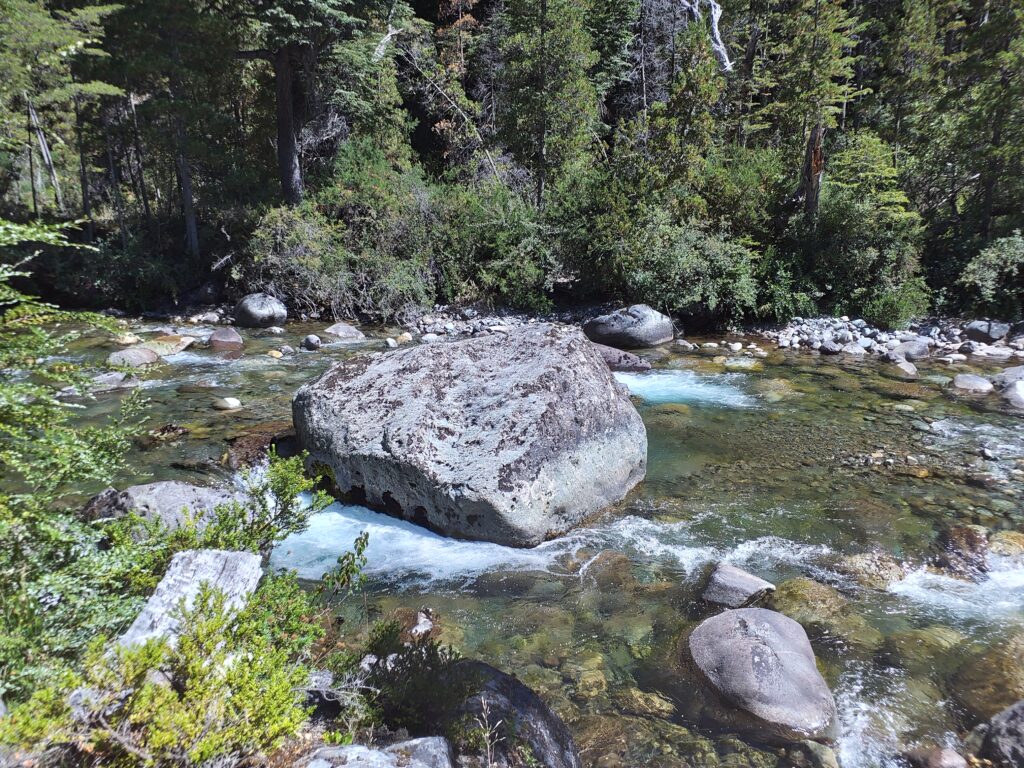
Río Chico
Río Chico
Fundación Tierra Austral collaborates with landowners in the Futaleufú basin to establish two Derecho real de Conservación (DRC) agreements that collectively protect 197 acres. This effort marks the beginning of landscape-scale conservation, safeguarding the flora, fauna, and scenic value of the Futaleufú River and its tributaries. The area is part of the "Temperate Rainforests of the Southern Andes" Biosphere Reserve, designated by UNESCO, and is a Zone of Tourist Interest (ZOIT). Notable species in the area include the coigüe (Nothofagus dombeyi), the puma (Puma concolor), the güiña (Leopardus guigna), and the huemul (Hippocamelus bisulcus). This project is a collaborative effort between Fundación Tierra Austral and Futaleufú Riverkeeper, a nonprofit organization and member of the Waterkeeper Alliance, an international network working to protect the world’s waterways.
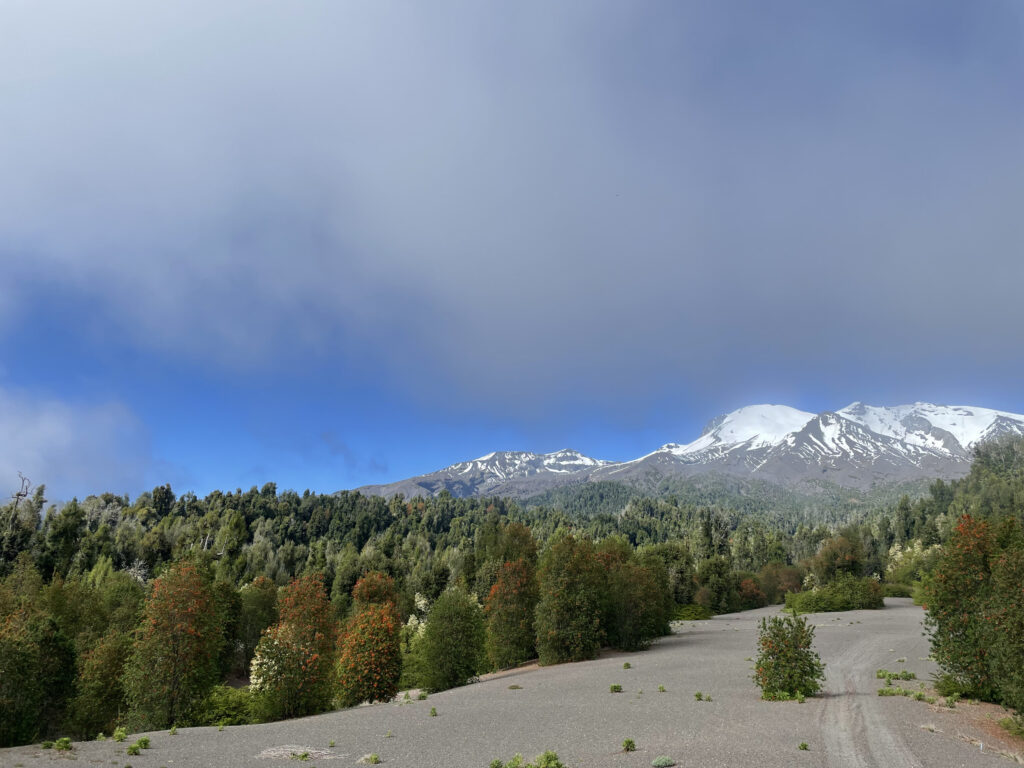
Parque Valle Los Ulmos
Parque Valle Los Ulmos
Thanks to the commitment of the park's community of partners, an area of over 1482 acres was permanently conserved through a new Derecho Real de Conservación (DRC) agreement. The location is situated at the foothills of Calbuco Volcano, in the Ensenada sector of Los Lagos Region. The agreement was signed alongside the NGO Ranita de Darwin, as co-holders, who will be responsible for protecting the habitat of amphibians present in the park.
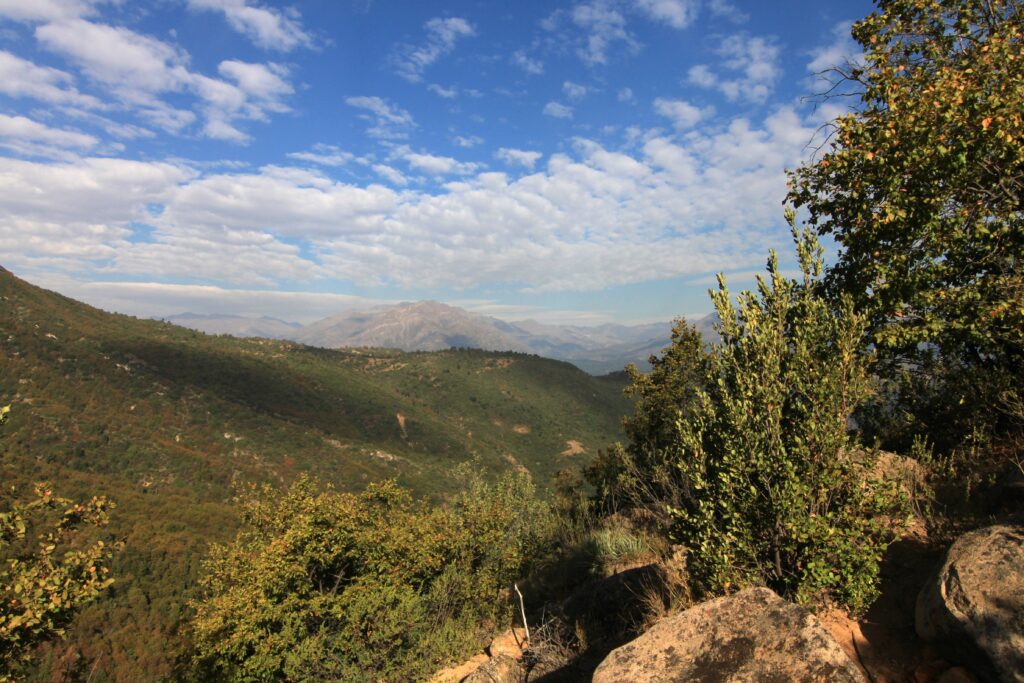
Bosques del Tinguiririca
Bosques del Tinguiririca
This private protected area is located in the commune of San Fernando, Colchagua Province, O'Higgins Region. It covers an area of 6.177 acres, and over 85% of the land is dedicated to conservation. The goal is to recover and protect the sclerophyllous forest and biodiversity of the area, especially the boreal remnants of the Andean cypress. The initiative also aims to generate scientific research, promote environmental education, and provide the community with a protected area for nature interaction. The site holds significant ecological value due to the presence of Andean and sub-Andean ecosystems, which include, among other things, deciduous Mediterranean forest formations and bodies of water of great relevance to the region.

Parque Cuenca Andina
Parque Cuenca Andina
It is a territory of over 12,400 hectares (30,600 acres) located in the Los Queñes area, making it the largest protected area in the Maule Region. Parque Cuenca Andina will be preserved in perpetuity through a Derecho Real de Conservación agreement with Tierra Austral, ensuring the effective protection of an unfragmented and ecologically healthy landscape in the Mediterranean ecosystem of Central Chile, the most threatened ecosystem in the country. The signing of this agreement is part of the efforts by the landowners, who have worked for over four decades to conserve this area. Thanks to their commitment, a unique habitat will be permanently preserved, one that marks the transition between the Mediterranean ecosystem and its sclerophyllous forest, along with the temperate forests typical of the southern part of the country. This creates a biological corridor that will allow species to move freely in response to drought or climate change. It is also a space with crucial water resources for the region!
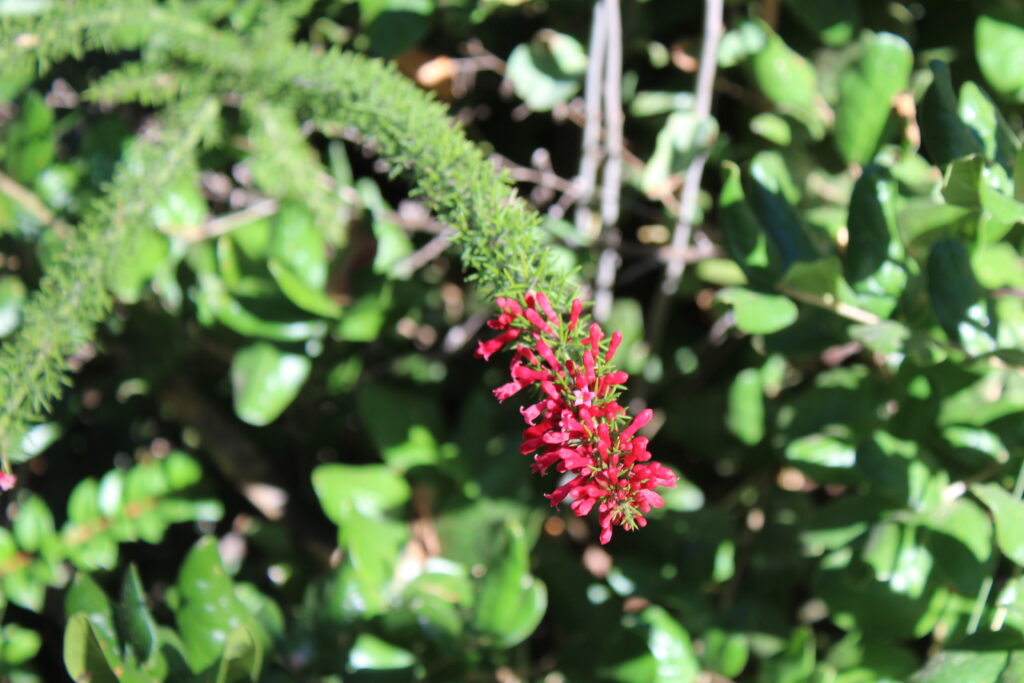
Fundo Roblerías
Fundo Roblerías
It is located in the commune of Teno in the Maule Region. Out of a territory of just over 403 hectares, almost 70% of the land will be protected forever. Due to the ecological importance of the place, some of the threats it faces are of concern, such as forest fires, climate change, and unsustainable intensive agriculture, among other things. Part of the area has a type of climate that allows for the development of vegetation with certain differences and singularities compared to the rest of the region. These characteristics make it possible for the presence of the Naranjillo (Citronella Mucronata), an endemic tree that is almost endangered.
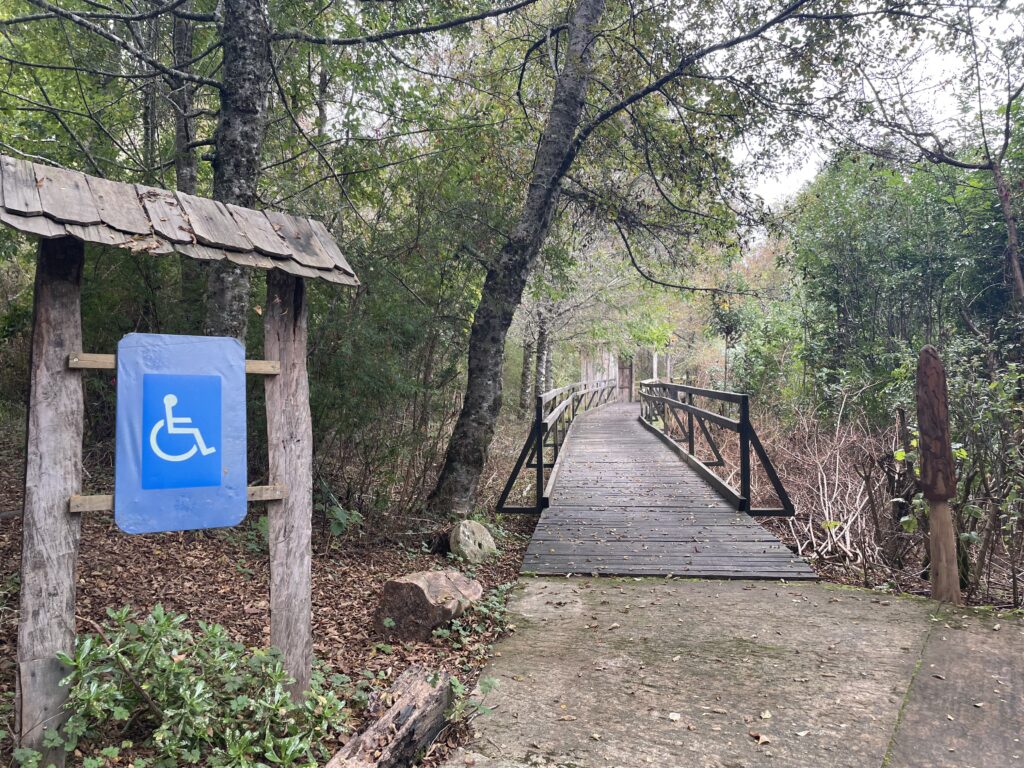
Alihuén
Alihuén
A new private protected area was created in the Los Lagos Region. Thanks to the signing of a Derecho Real de Conservación agreement, more than 70 hectares will be protected forever on the Big Island of Chiloé, which are part of the Chepu Wetlands Nature Sanctuary. This conservation initiative called Alihuén, is a project of ecological restoration, sociocultural connectivity, organic agriculture and inclusive ecotourism. Thanks to the commitment and work of the family behind Alihuén and the more than 200 volunteers they receive every year, more than 40 thousand native trees have been planted! Tierra Austral will continue to support this valuable project, joining forces to meet its goals of reconnecting forests. We invite you to learn about the www.alihuen.org initiative and learn from its history.
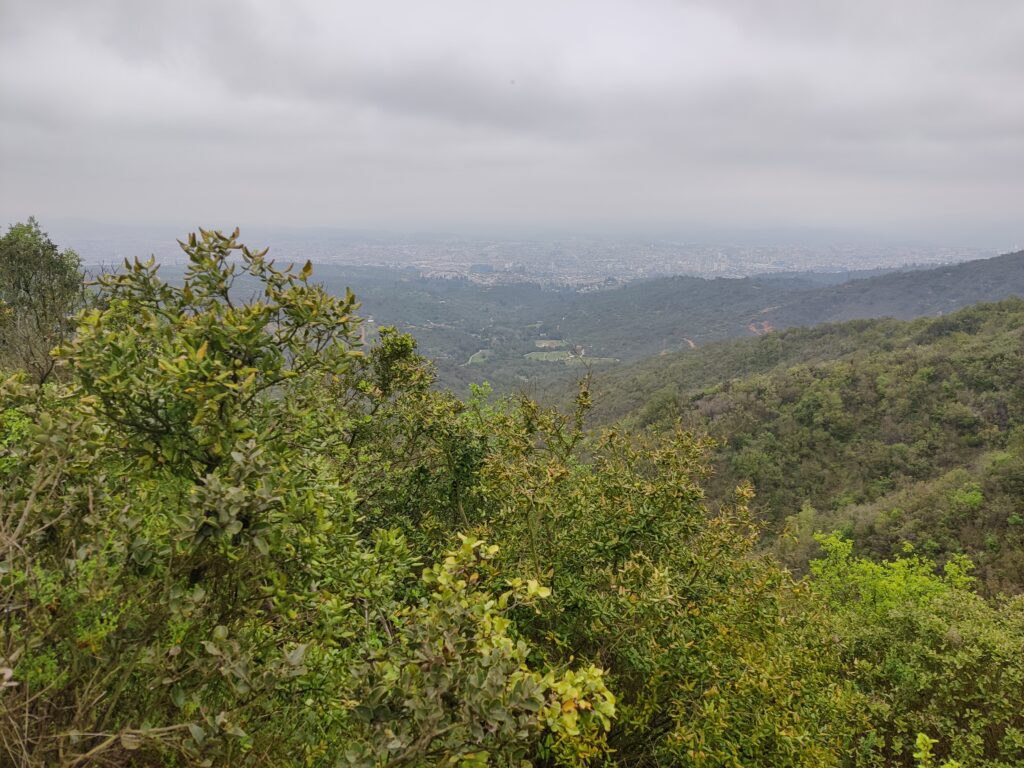
San Jorge
San Jorge
We signed a new Derecho Real de Conservación (DRC) agreement in Quilpué (Valparaíso). It is a territory of 76 hectares that will be protected forever and will help conserve part of the Mediterranean ecosystem of Central Chile. With a high ecological value, in this area you can find different native and endemic species; the vast majority at risk or threatened by human activity. This initiative is part of the Boldo Cantillana project.
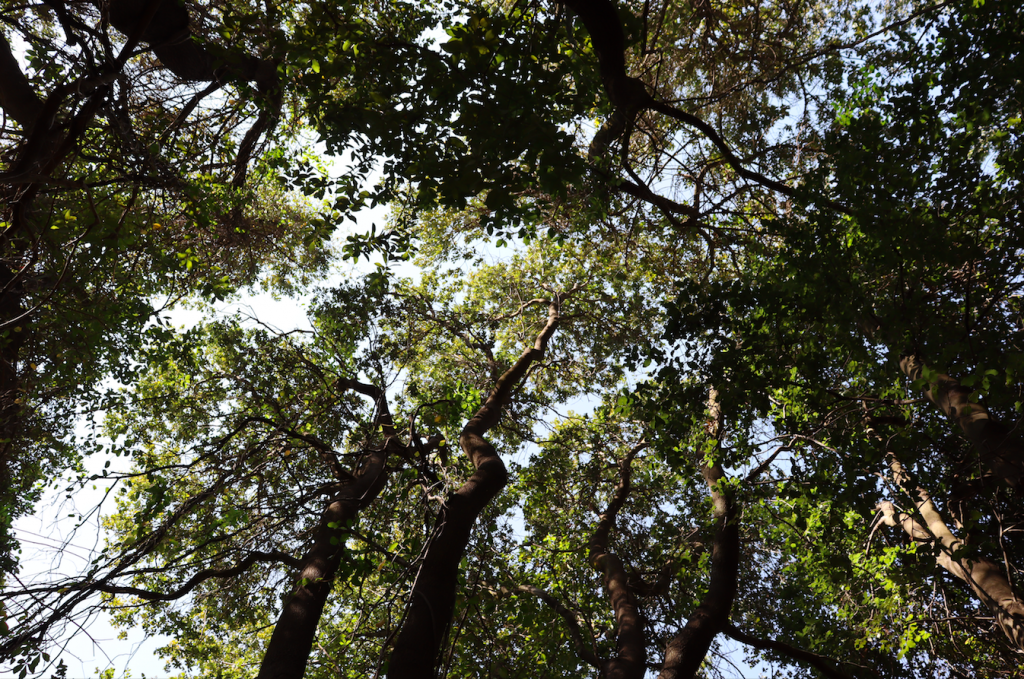
Águila Sur Ecological Community
Águila Sur Ecological Community
This new Derecho Real de Conservación (DRC) agreement will protect the environmental attributes of more than 230 hectares of the Águila Sur Ecological Community, located in the commune of Paine, Metropolitan Region. The property - which has a total of 393 hectares - is part of the Cantillana mountain range, a highly relevant area for climate change resilience, so its protection and conservation is fundamental. Thus, through the implementation of this new DRC agreement, more than 60% of the property will be protected in perpetuity, safeguarding the biological diversity of the Mediterranean ecosystem of Central Chile.
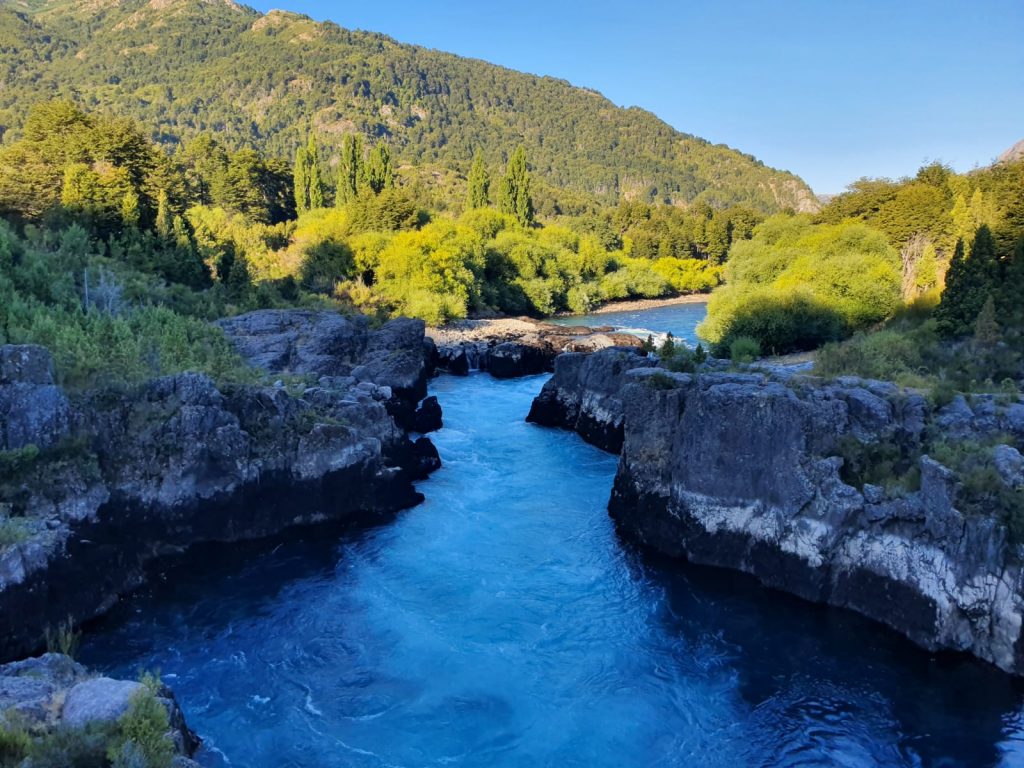
Fundo Encantado
Fundo Encantado
Located in the commune of Futaleufú, Los Lagos region, Fundo Encantado has an area of 118.36 hectares adjacent to the Futaleufú National Reserve, representing an opportunity for the restoration of elements of the ecosystem that have been historically damaged. Thus, the presence of species in conservation category such as the Cordillera Cypress (Austrocedrus chilensis) and fauna as the puma (Puma concolor), güiña (Leopardus guigna) and the huemul (Hippocamelus bisulcus), stands out. With the establishment of a Derecho Real de Conservación agreement on 70 hectares of the property, ecosystems of high ecological value and critical habitats on the banks of the Futaleufú River will be protected in perpetuity, allowing sustainable land uses. Tierra Austral's private lands conservation efforts in Chile are supported by the Weeden Foundation, which has also provided critical assistance to our organization since its inception in 2012. Our DRC projects in Patagonia are also part of a joint initiative with the PEW Charitable Trusts.
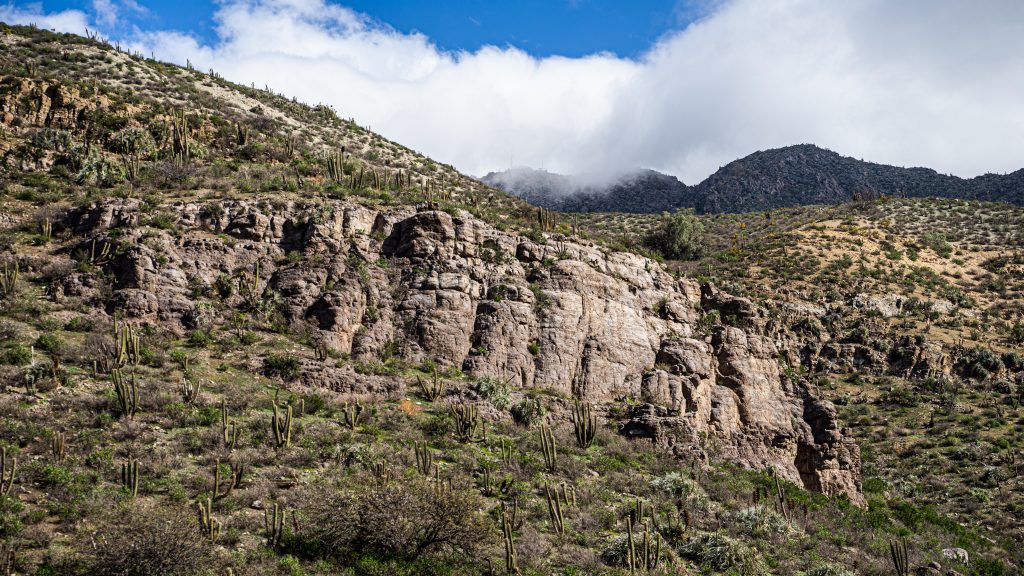
Cerro La Giganta
Cerro La Giganta
Cerro La Giganta is in the commune of Panquehue, Valparaíso Region. Inserted in the Mediterranean ecosystem of central Chile, the area has an important presence of native and endemic flora. The property has an approximate area of 240 hectares and, through the implementation of a Real Right of Conservation (DRC) agreement, 94% of the property (228 hectares) will be protected in perpetuity. Numerous species in conservation category could be found in La Giganta, such as the guayacán and the carob tree, highlighting, in addition, the presence of four species of native cactus such as the Eriosyce coimasensis (Quisquito de las Coimas), endemic cactus with a geographical distribution limited to the Aconcagua Valley. La Giganta is also a symbolic place for the inhabitants of San Felipe, Panquehue and surroundings, since those who visit it can carry out educational activities in the botanical garden and recreational activities, such as trekking and climbing.
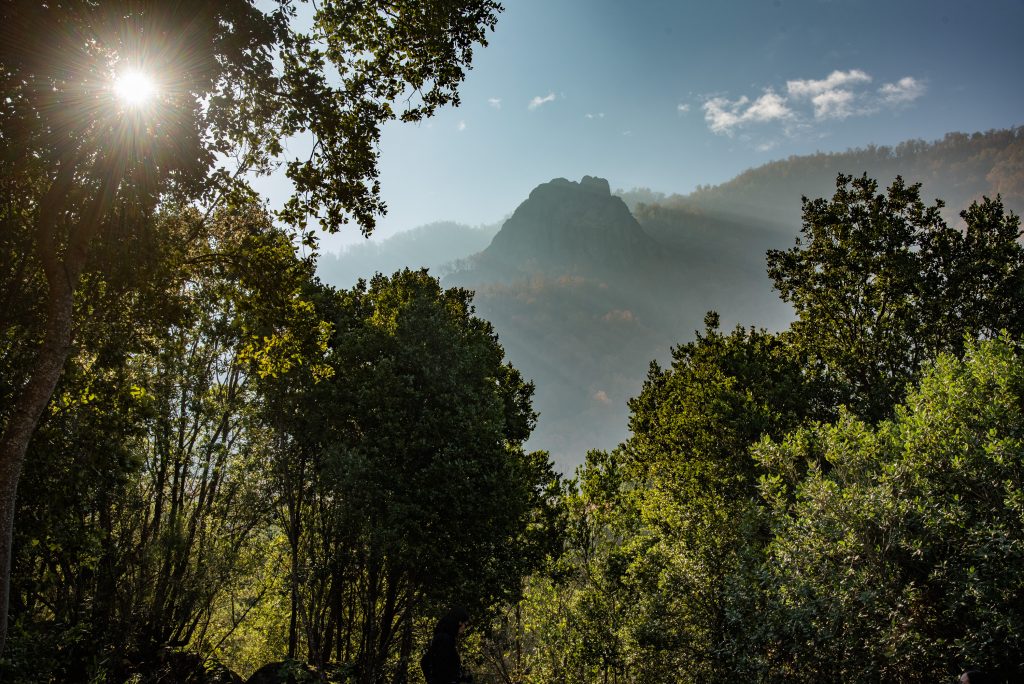
Cerro Poqui
Cerro Poqui
It is comprised entirely of Mediterranean habitat, which is Chile’s rarest, most threatened and least protected habitat, and which has been identified as a global biodiversity hotspot. The owners of Cerro Poqui have now protected the property using two different private lands conservation agreements. First, in 2018, they protecting their land by designating it as the Santuario de la Naturaleza Cerro Poqui. Now, the landowners have decided to conserve the entire property with a Derecho Real de Conservación (DRC) in a partnership with Tierra Austral, which is providing them with technical land management assistance. In addition to the DRC, which permanently protects Cerro Poqui’s conservation values, FTA and the landowner have signed an agreement stating that FTA will make investments in the property and will provide assistance with a range of issues, including updating the management plan, hiring park rangers, adding signage and an interpretive kiosk, etc.
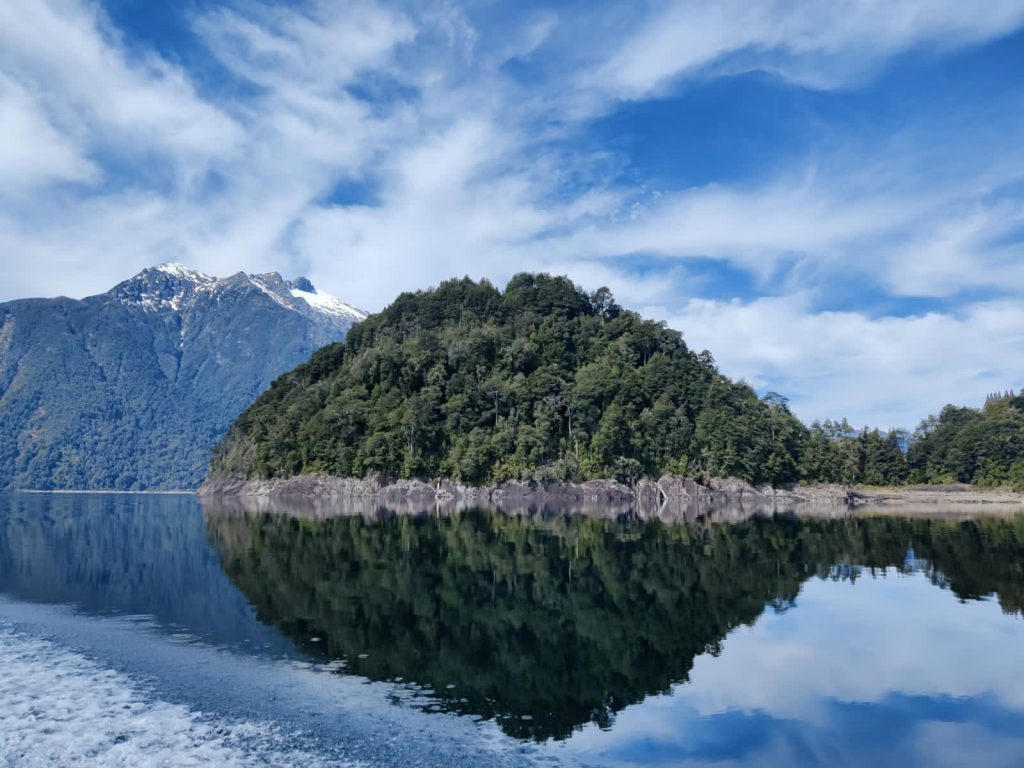
Rincón del Sur, Chapo Lake
Rincón del Sur, Chapo Lake
Fundación Tierra Austral and the company Colbún S.A. signed an unprecedented Derecho Real de Conservación (DRC) agreement that will protect in perpetuity 436 hectares on the shores of Lake Chapo, in Los Lagos Region. These lands make up a biological corridor that connects the Alerce Andino National Park and the Llanquihue National Reserve. This agreement, in addition to preserving the natural heritage of most of the surface under DRC, will allow recreational activities and low-impact tourism in strategic areas.
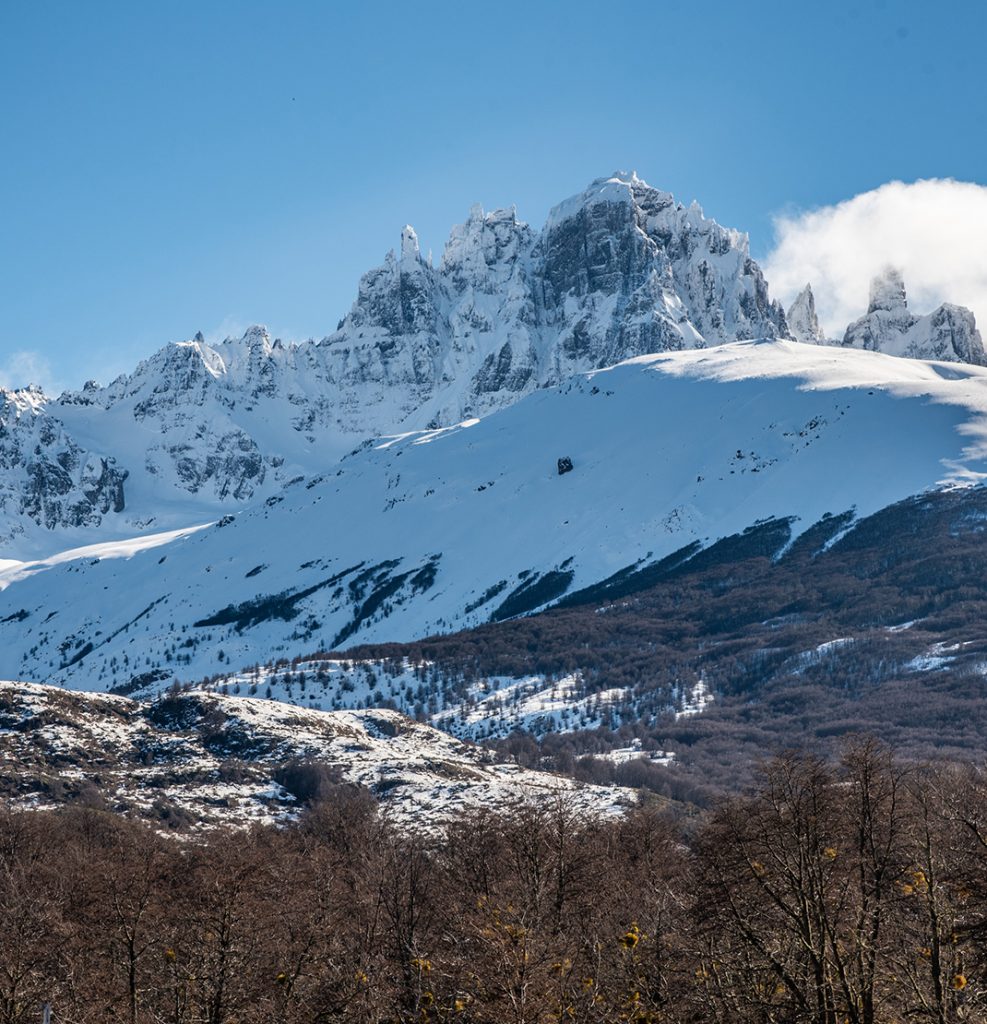
PEW Charitable Trusts
PEW Charitable Trusts
Fundación Tierra Austral works in cooperation with the Pew Charitable Trusts. The goal of this project is to increase large landscape connectivity in Patagonia by entering into Derecho Real de Conservación agreements on properties located adjacent or in close proximity to existing public protected areas.
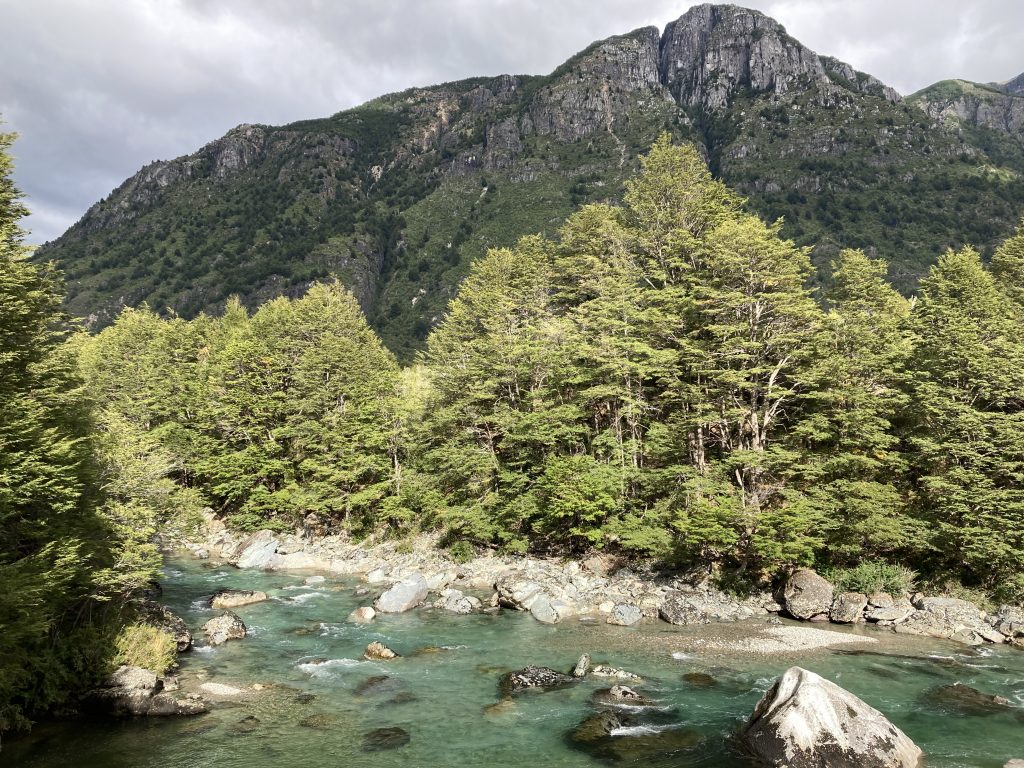
Valle California
Valle California
Working in the early 2010s, Fundación Tierra Austral and Patagonia Sur LLC collaborated on the protection of the 3,200-hectare Valle California landscape, which is located in the Provence of Palena, Los Lagos Region. The two organizations protected Valle California using a predecessor agreement to the Derecho Real de Conservación, which is called the Servidumbre de Conservación.
Valle California has high biological diversity, landscape connectivity for wildlife, a segment of free-flowing whitewater Tigre River, and high elevation lagoons. The Servidumbre agreement designates 93% of the property as a Protected Area, and there are six Limited Development Areas on the remaining land.
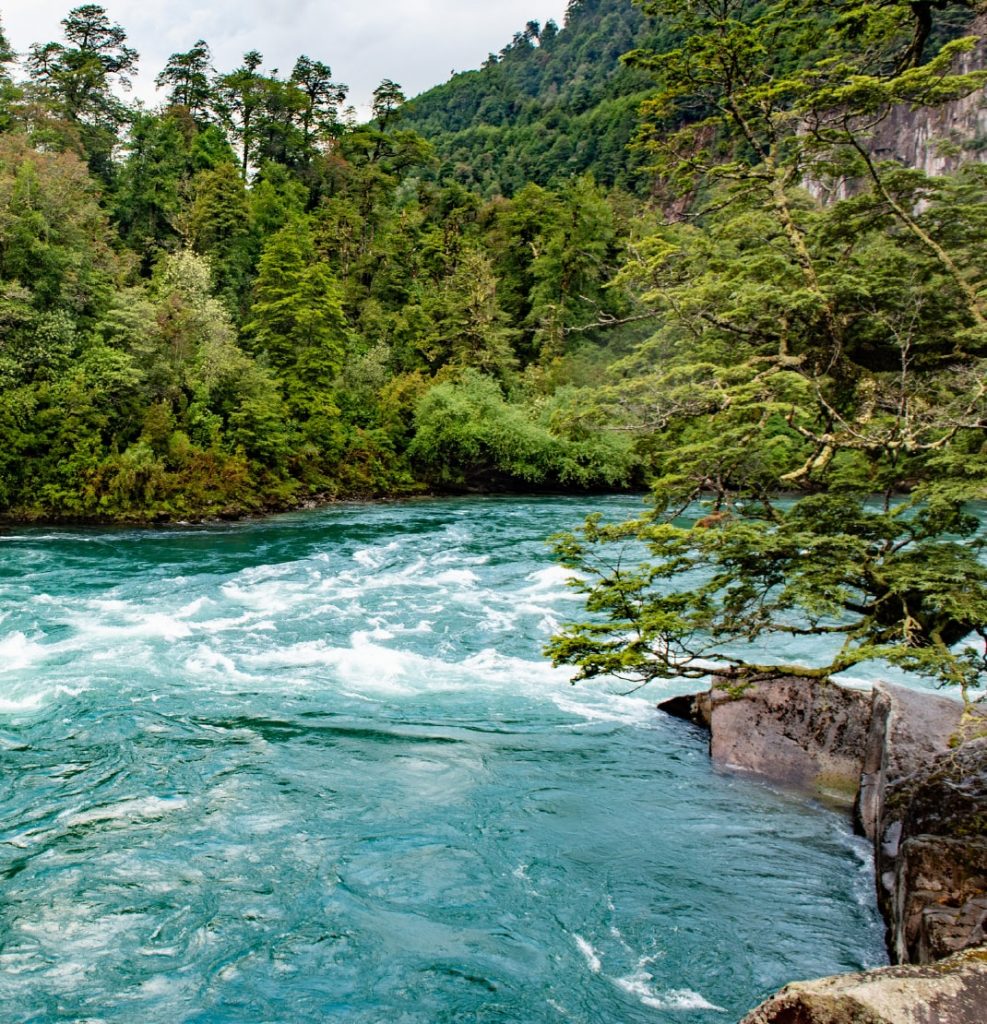
Conservation standards
Conservation standards
Tierra Austal has collaborated with Así Conserva Chile, the leading organization in Chile that represents the owners of private protected areas, on an effort to develop and distribute a set of Best Practices for land conservation, for both transactions and for non-profit conservation entities.
The Tierra Austral-Así Conserva Chile project has developed three sets of standards, including:
- Standards for Privately Protected Areas (PPA)
- Standards for Land Trusts
- Standards for the Derecho Real de Conservación in Chile
This project is funded by the Chilean government program CORFO and its Bienes Públicos Estratégicos para la Competitividad.
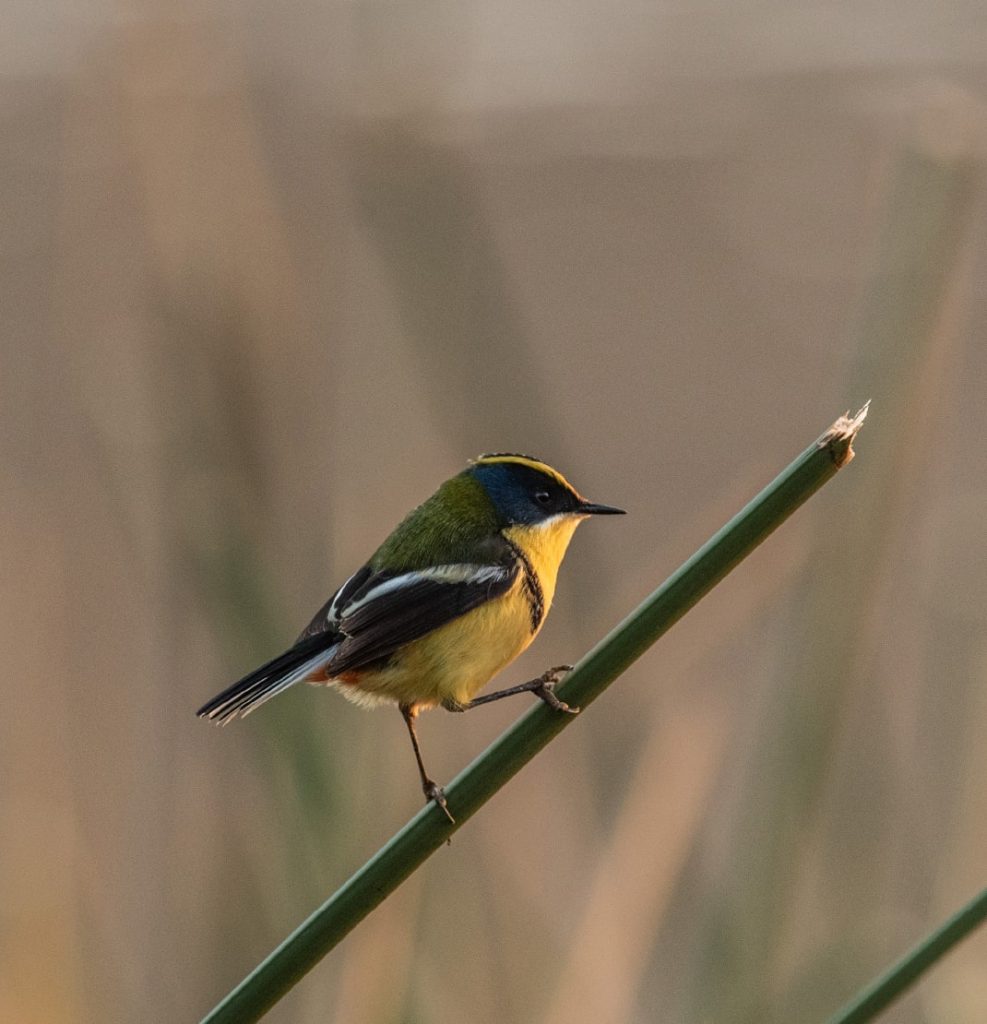
Pro Bono Foundation
Pro Bono Foundation
Fundación Tierra Austral has entered into an agreement with the Pro Bono Foundation in which the Foundation has made the commitment to provide free legal defense of the Derecho Real de Conservación agreements held by Tierra Austral.
This is an extremely important commitment by the Pro Bono Foundation; it will help ensure the long-term stewardship of and land legal security to Tierra Austral’s Derecho Real de Conservación agreements, and to the conservation landowners with whom we work.
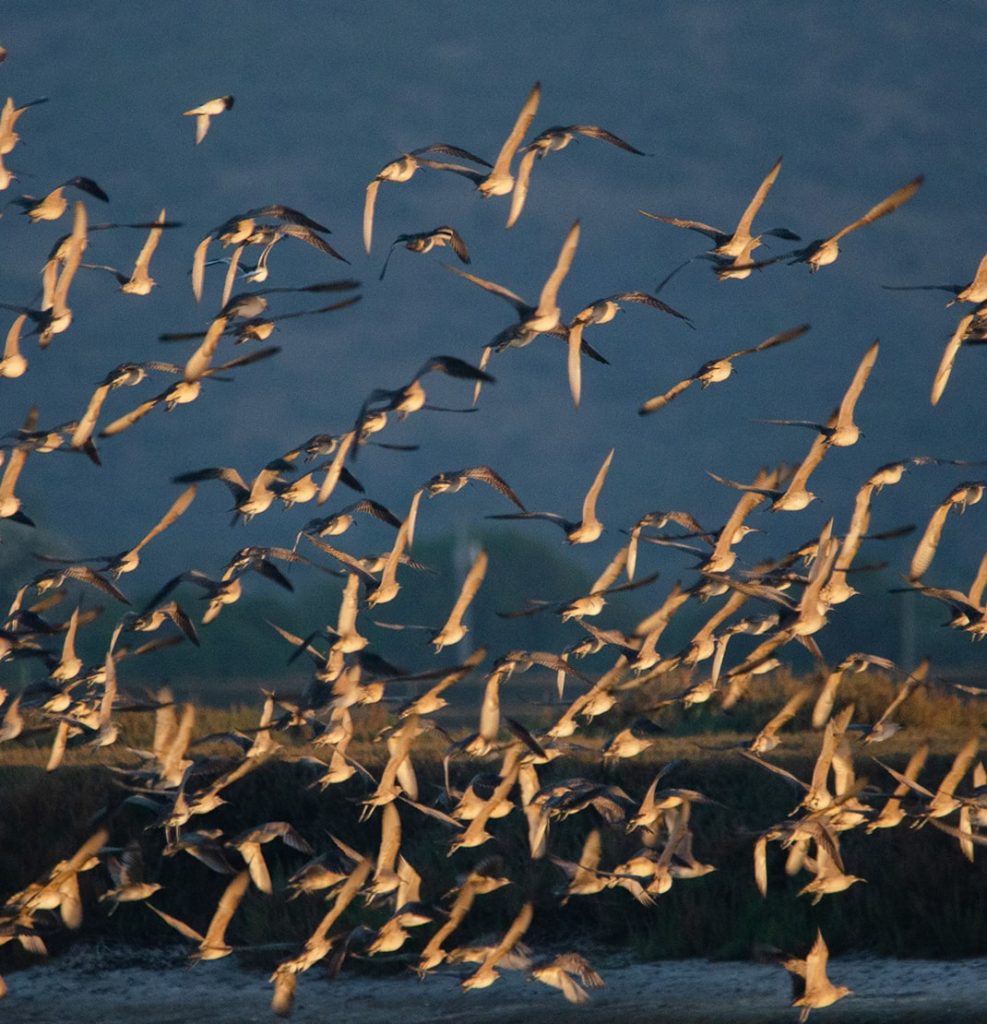
Weeden Foundation
Weeden Foundation
The Fundación Tierra Austral is grateful to the Weeden Foundation for the invaluable assistance that it has provided to our organization since 2014 and to the larger private lands conservation initiative throughout the 2000s.

